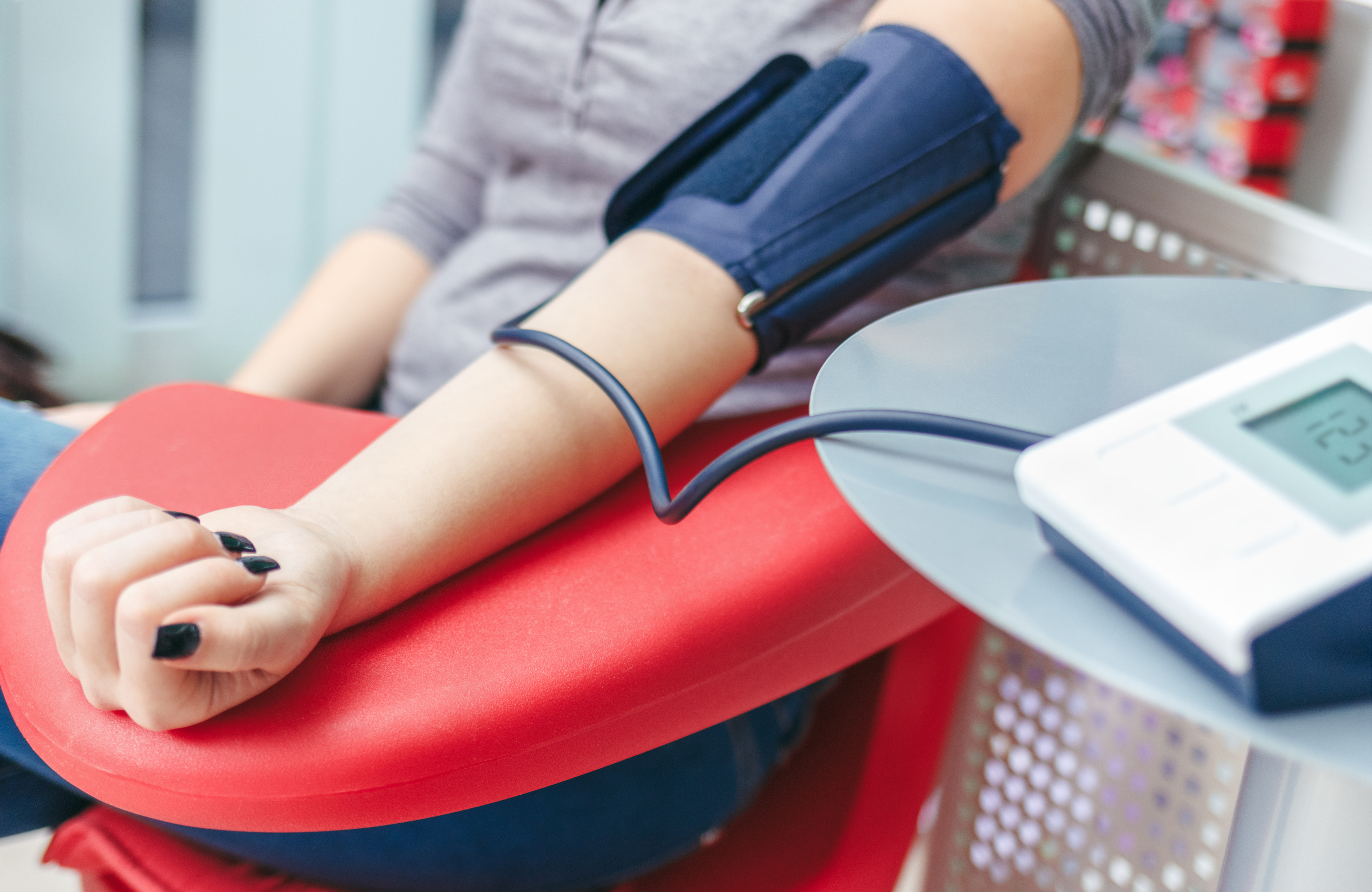Could Squeezing Your Arms and Legs Help Prevent Strokes?

Get the world’s most fascinating discoveries delivered straight to your inbox.
You are now subscribed
Your newsletter sign-up was successful
Want to add more newsletters?

Delivered Daily
Daily Newsletter
Sign up for the latest discoveries, groundbreaking research and fascinating breakthroughs that impact you and the wider world direct to your inbox.

Once a week
Life's Little Mysteries
Feed your curiosity with an exclusive mystery every week, solved with science and delivered direct to your inbox before it's seen anywhere else.

Once a week
How It Works
Sign up to our free science & technology newsletter for your weekly fix of fascinating articles, quick quizzes, amazing images, and more

Delivered daily
Space.com Newsletter
Breaking space news, the latest updates on rocket launches, skywatching events and more!

Once a month
Watch This Space
Sign up to our monthly entertainment newsletter to keep up with all our coverage of the latest sci-fi and space movies, tv shows, games and books.

Once a week
Night Sky This Week
Discover this week's must-see night sky events, moon phases, and stunning astrophotos. Sign up for our skywatching newsletter and explore the universe with us!
Join the club
Get full access to premium articles, exclusive features and a growing list of member rewards.
A simple squeeze to your arms and legs might benefit your brain — turns out, the added pressure may improve the regulation of blood flow to your brain as well as levels of stroke-protective molecules, a new study suggests.
The study found that people who wore an inflated blood pressure cuff on one arm and leg for minutes at a time experienced more controlled blood flow to their brains. This method also increased molecules in the blood previously suggested to play a protective role in the brain, such as in preventing stroke, a group of researchers reported today (May 29) in the journal Neurology.
Previous research has suggested that "training" organs by restricting blood flow — and therefore oxygen — to them through periodically compressing the arms and legs may make them more resilient when problems arise. [7 Things That May Raise Your Risk of Stroke]
For example, a trained heart may be more resistant to changes in blood flow during a heart attack. And such training may allow the brain to better regulate that organ's blood flow despite changes in blood pressure, a process called "cerebral autoregulation," the authors said.
"It is generally believed that impairment of cerebral autoregulation may increase the risk of brain injury, especially stroke," said study senior author Dr. Yi Yang, a neurologist at the First Hospital of Jilin University in China. "And there is currently no report on how to improve cerebral autoregulation in order to reduce the risk."
The researchers are optimistic that these simple compressions to the arms and legs may help reduce the risk of stroke, but much more research will be needed before any conclusions about stroke prevention can be drawn.
Training the body
In the new study, the researchers enrolled nearly 50 healthy people who were, on average, 35 years of age. Each person went through two consecutive days of blood pressure monitoring. On the second day, they were hooked up to blood pressure cuffs, one on the upper arm and one on the thigh.
Get the world’s most fascinating discoveries delivered straight to your inbox.
The blood pressure cuff was inflated for 5 minutes and then deflated for 5 minutes, and this process was repeated four times. The researchers took participants' blood pressure at the start of the day and periodically throughout the next 24 hours.
They found that 6 hours after having the cuff compressions, people had improved cerebral autoregulation, which remained improved for at least 18 hours. The researchers measured cerebral autoregulation in part by using an ultrasound to measure blood flow within the brain's two main arteries.
The scientists also took blood samples at the start of each day and 1 hour after the compressions. They found that an hour after the compressions, the participants had increased numbers of certain biomarkers — molecules that act like signals pointing to the presence of a condition in the body — compared with their levels before the experiment.
Specifically, they found an increase in two biomarkers known to protect the nervous system. One of them, called the "glial cell line-derived neurotrophic factor," has been previously found to promote cell survival and help regenerate and restore damaged neurons.
They also found significant changes in the levels of biomarkers involved in regulating inflammation in the body. Inflammation is thought to play a role in a host of diseases, from diabetes and heart disease to Alzheimer's and depression. However, some of these markers promote inflammation, and some are anti-inflammatory, and it's unclear how changes to these markers might be beneficial or not to the brain, the authors reported.
Stroke prevention
"Although we cannot draw conclusions that [this intervention] can prevent stroke ... we still are optimistic," Yang told Live Science. The researchers note that the preventative effects aren’t proven and though this appears to be relatively safe, they don’t recommend people try this on their own without talking to their doctors.
This study "gives us a unique insight into how some of our patients with multiple stroke risk factors seem to avoid devastation with the inevitable onset of ischemic stroke," Dr. Paul Nyquist, a neurologist at Johns Hopkins University School of Medicine, and Dr. Marios Georgakis, a researcher at the Ludwig Maximilians University of Munich, wrote in an editorial accompanying the study. Neither of the editorial authors was involved with the study.
However, they note that this study was conducted on relatively young and healthy people and the results shouldn't be extrapolated to older adults or those with vascular diseases. "Thus, individuals with cerebrovascular disease who might actually benefit may not have the observed" response to the blood pressure cuff, they wrote.
Yang and the team hope to conduct follow-up studies to understand if these compressions might also help patients or subjects with a high risk of stroke.
- Beyond Vegetables and Exercise: 5 Surprising Ways to Be Heart Healthy
- 5 Ways Obesity Affects the Brain
- 6 Foods That Are Good for Your Brain
Originally published on Live Science.

Yasemin is a staff writer at Live Science, covering health, neuroscience and biology. Her work has appeared in Scientific American, Science and the San Jose Mercury News. She has a bachelor's degree in biomedical engineering from the University of Connecticut and a graduate certificate in science communication from the University of California, Santa Cruz.
 Live Science Plus
Live Science Plus










